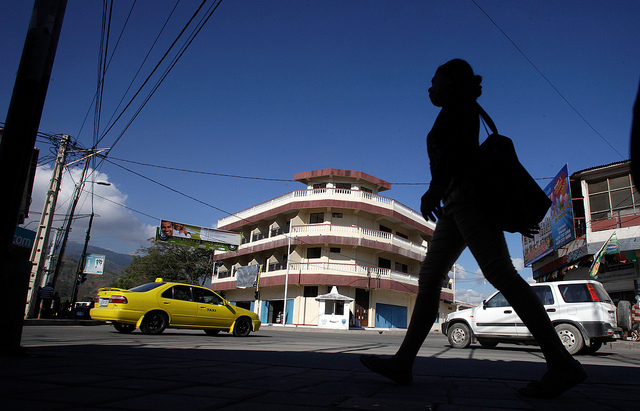I think one of the conceits of the modern era is the degree of trust we place in governments. We want them to do everything for us. The truth is that their power is limited. Even if we delegate more power to them, that doesn’t mean the power can/will be used by the government for the purposes intended.
The government is composed of people with their own goals. It’s not much different than shareholders delegating power of the corporation to a board of directors, who collectively oversee management, should they care to do so. Often delegated power gets misdirected for the ends of the power- and money-hungry.

Who watches the watchers? It is one reason why we have “rule of law” in many republics – there is law that governs the government, if we have the will to maintain that. It differs from “rule by law” which exists more commonly on Earth – laws exist so that the rulers can maintain their rule over those they rule – of which China is an excellent example. Freedom that is good for the interests of the Communist Party is allowed to exist, but not other freedoms. There are no rights that are God-given, not subject to the dictates of governments.
Sorry for the digression – my main point is that even the most powerful governments get bogged down, and can’t do nearly what people imagine they can do. It is akin to what Peter Drucker said on management, that where managers proliferate, it takes progressive more people to manage all of the people – you might actually be able to get more done with fewer people.
Governments face another constraint – because people think the government can stimulate the economy, we have had governments stretch past their budgetary limits, borrow a lot of money, and make long-dated promises that they can’t keep. This is not just a US phenomenon. This is happening globally. It is rare, possibly even non-existent to find countries that run balanced budgets, have sound monetary policy, and haven’t overpromised on entitlements.













Leave A Comment